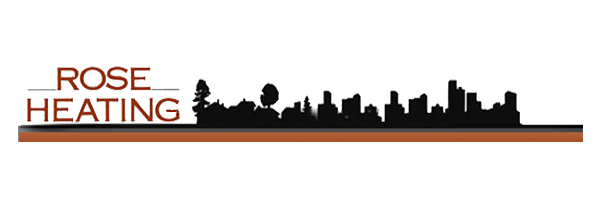The HVACR industry is constantly evolving and, while this is good in general, the reality also poses a problem for HVAC instructors and trained technicians (past, present and future). This is so because advances in how furnaces are manufactured make it necessary to keep upgrading one’s training or risk falling behind. This is a somewhat radical shift for past generations of professionals in the field who could easily transfer the knowledge gained in previous training to the newer models.
What Has Changed
In the past, newer models of furnaces were generally controlled in the same way as older ones. This meant that service technicians could often rely on what would otherwise be outdated information, even as the number of existing equipment grew rapidly. However, the manufacturers of today are using technology that can be so vastly different or “high-end”. As a result, it can often be next to impossible for some trained technicians to service equipment for which they are not licensed dealers.
What This Means for Professionals in the HVACR Industry
Both HVAC instructors and trained technicians are feeling the pinch. In fact, instructors are constantly trying to find ways to innovate their training materials to help future technicians adapt to the changes. It also means that training must be ongoing for any technician to remain relevant.
It is interesting to note, however, that the emphasis on the fundamentals and the basics of HVAC systems remain despite how sophisticated these systems are becoming. For this reason, HVAC instructors still stress the importance of fully mastering the fundamentals. They are also quick to argue that the best technicians are the ones who do so.
Why All of This Matters
The need for constant training and mastering the fundamentals matter because consumers of the HVACR industry rely on the expertise of the contractors they use to ensure their safety is not compromised. In addition to that, it has been proven that better trained technicians do their jobs more efficiently and are more reliable in terms of quality workmanship. Incidentally, it also means that having experience in the field is unlikely to offset the lack of proper, updated training in the future.
The nature of the equipment dealt with in the HVACR industry is such that taking chances with professionals that are not properly trained is unwise. Therefore consumers are always being advised to check for credentials before hiring a contractor. Professionals must therefore position themselves to capitalize on income-earning opportunities by proving that they are 100% competent for the job.

